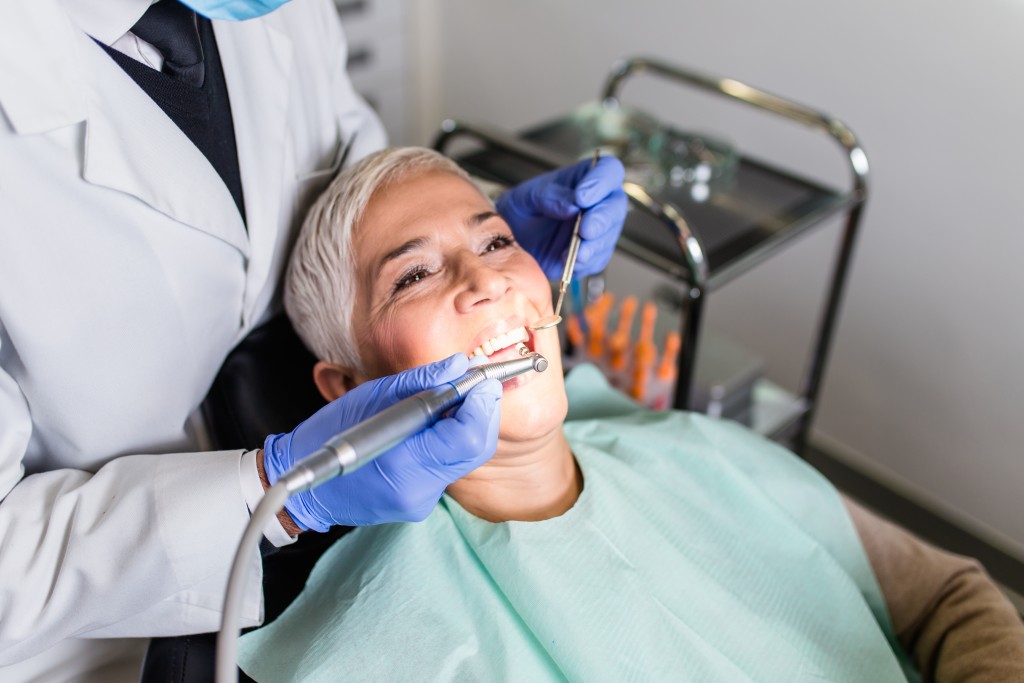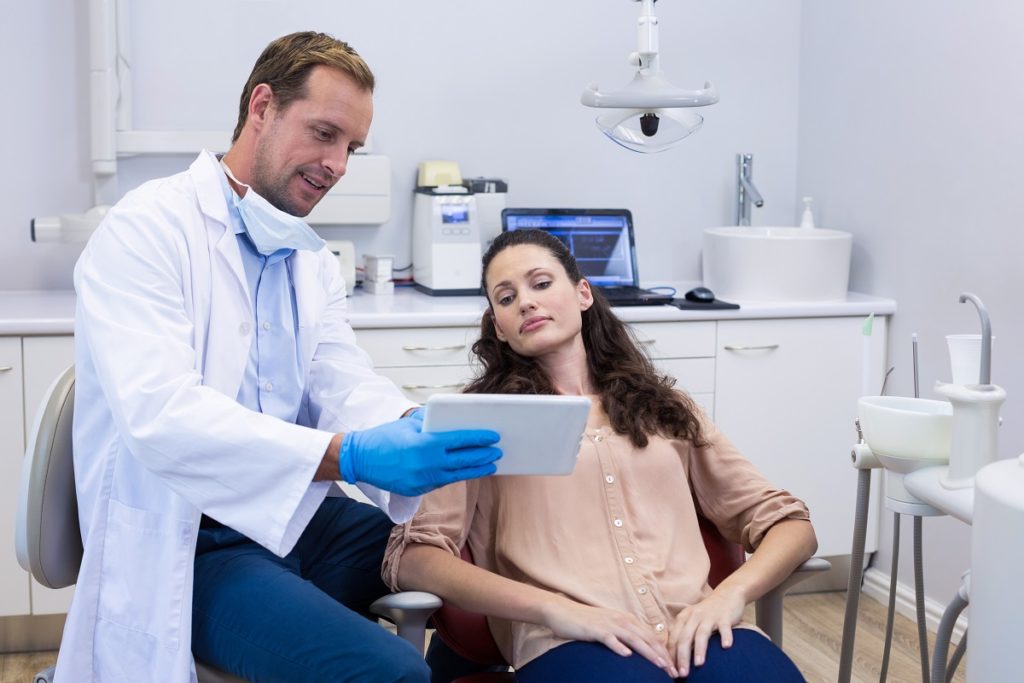Though practicing good oral health care is vital for everyone, it can be challenging to keep up with the ever-changing trends. In fact, according to the Centers for Disease Control and Prevention (CDC), about one in every four adults in the US, or approximately 26%, have untreated tooth decay. This is because, most of the time, what was popular last year may not be so popular this year.
However, here are six unpopular oral healthcare trends you should know about.
1. Oil Pulling
Oil pulling is a method of using oil to cleanse your teeth and gums. You simply put oil in your mouth, swish it for 20 minutes, and then spit it out. This trend gained popularity a few years ago but has since fallen out of favor due to the fact that it is not well understood.
Oil pulling is a traditional Indian folk remedy that helps to remove toxins from the body and improve oral health. However, many people are put off by the idea of using oil in their mouth, and the procedure can be time-consuming. As a result, oil pulling remains something of a niche practice.
Another reason for its popularity is that it is relatively unknown outside India. While some healthcare practices have gained global attention, oil pulling has largely remained confined to its country of origin. As more people become aware of its benefits, however, it is possible that oil pulling will become more popular.
2. Using Baking Soda as Toothpaste
Baking soda is a popular household product that can be used for various purposes, including cleaning and baking. However, it is also sometimes used as an oral healthcare procedure. When used in this way, baking soda can help to remove plaque and tartar from the teeth. It can also neutralize acids in the mouth, which can help to prevent cavities.
Baking soda is a natural tooth whitener and can effectively clean teeth when used occasionally. However, regularly using baking soda as toothpaste can erode the enamel on your teeth. In addition, baking soda does not kill bacteria, so it does not provide the same level of protection as other oral healthcare products.
As a result, many people prefer to use other methods for keeping their teeth clean and healthy. But you can still use baking soda as an occasional treatment to help remove plaque and tartar buildup.
3. Partial Dentures
There are a number of reasons why getting partial dentures is an unpopular oral healthcare procedure. First, the process can be discomforting, as it involves removing healthy teeth to make room for the dentures. In addition, partial dentures can be difficult to keep in place, and they may require frequent adjustments to maintain a comfortable fit.
Additionally, partial dentures can be expensive, and insurance coverage for the procedure is often limited. For these reasons, getting partial dentures is often seen as a last resort for oral healthcare.
However, there are some advantages to opting for partial dentures. First, they can provide a significant improvement in your appearance. In addition, partial dentures can help to improve your ability to chew and speak. So, if you are considering getting partial dentures, discuss the risks and benefits with your dentist beforehand.

4. DIY Teeth Whitening
There are many reasons why DIY teeth whitening is an unpopular oral healthcare procedure. First, over-the-counter teeth whitening products are often ineffective, causing many people to give up on the idea of achieving brighter teeth. DIY teeth whitening can also be messy and time-consuming, making it a less appealing option than professional treatments.
Finally, there is a risk of causing tooth sensitivity or other dental problems when whitening teeth at home. Therefore, many people prefer to leave teeth whitening to professionals. But if you are determined to try it yourself, you can do a few things to increase your chances of success.
To start, be sure to read the instructions carefully and follow them strictly. You should also avoid using whitening products more often than recommended, as this can damage your teeth. And be sure to talk to your dentist before whitening your teeth, as they can provide guidance on how to do it safely and effectively.
5. Mouthwashes With Alcohol
Mouthwash is essential in oral healthcare, but not all mouthwashes are created equal. Alcohol-based mouthwashes are commonly used to kill bacteria and freshen breath, but they can also be very drying and irritating to the tissues in the mouth.
As a result, many people prefer non-alcoholic mouthwashes, which are just as effective at killing bacteria but far gentler on the tissues. In addition, alcohol-based mouthwashes can cause staining of the teeth, so people who use them regularly may notice that their teeth become yellow or discolored over time.
So, instead, look for mouthwashes that contain natural ingredients like tea tree oil or xylitol, which can help to freshen your breath and kill bacteria without causing irritation.
6. Brushing Too Hard
It’s important to brush thoroughly, but brushing too hard can damage your gums and lead to receding gums. For one, it can damage tooth enamel, making teeth more susceptible to cavities and decay.
Additionally, brushing too hard can irritate the gums, causing them to become inflamed and bleed. Finally, many people find that brushing too hard simply isn’t necessary; with proper technique, most people can remove plaque and debris without putting undue pressure on their teeth and gums.
As an alternative, you can invest in a toothbrush with softer bristles. And be sure to brush gently, using circular or back-and-forth motions, rather than scrubbing vigorously.
There you have it—six unpopular oral healthcare trends you should know about! While they may not be the most popular choices, they could be worth considering if you’re looking for ways to improve your oral health. So, talk to your dentist about what might work best for you.


